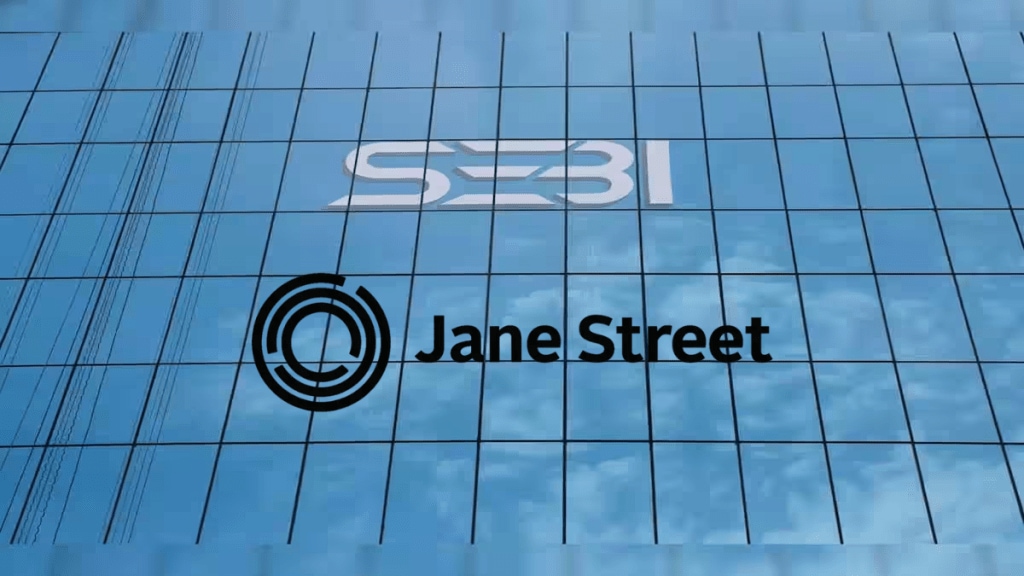After weeks of being sidelined from India’s financial markets, global high-frequency trading firm Jane Street is officially back in action. According to a Reuters report citing two sources familiar with the matter, the Securities and Exchange Board of India (SEBI) has lifted its trading ban on the firm, but not without a price tag. Jane Street had to deposit a massive $567 million (approximately Rs 48.4 billion) into an escrow account as part of the condition for resuming operations, added the report
Background: A regulatory roadblock
SEBI had initially imposed a trading ban on July 3, freezing Jane Street’s local assets and halting all securities transactions. The regulator alleged that the firm made “unlawful gains” in the Indian markets. The interim order made it clear that the trading could resume only if Jane Street deposited an equivalent amount into a dedicated account under SEBI’s control.
Still no public statements
Despite the move, both SEBI and Jane Street have yet to make any public comments. Queries sent to both parties remain unanswered, as per Reuters report.
Inside the Jane Street-SEBI showdown
A high-stakes regulatory drama is unfolded in India’s financial markets earlier this month, with US-based trading powerhouse Jane Street at the center of it all. On July 3, India’s market regulator SEBI accused the firm of manipulating the Bank Nifty index – one of the country’s key market benchmarks. A classic “pump-and-dump,” where Jane Street’s local unit, JSI Investments, reportedly drove up prices in the morning and then crashed them near market close, profiting from short positions in derivatives. According to SEBI, the move misled retail investors and resulted in an unlawful gain of Rs 36,000 crore (about $4.3 billion).
SEBI’s interim order came down hard. Jane Street was barred from trading in India, its assets were frozen, and it was slapped with a demand to deposit the full amount in an escrow account while investigations continued. The watchdog claimed the firm used loopholes via its domestic unit to sidestep rules meant for foreign investors, creating artificial market volatility. Known as “marking the close,” can distort prices just before trading ends and is considered harmful to market fairness. SEBI warned of additional penalties if the gains were proven illegitimate, including fines up to three times the amount earned.
Jane Street, however, has pushed back firmly. The firm has denied all accusations, calling SEBI’s language “inflammatory” and defending its trades as standard index arbitrage, a legal and widely accepted strategy in global markets. Jane Street says it has cooperated fully, adjusted its trading practices when flagged, and has now deposited Rs 4,843 crore into the regulator’s escrow account. The matter now heads for a legal showdown at the Securities Appellate Tribunal (SAT), where the firm is challenging SEBI’s order.

